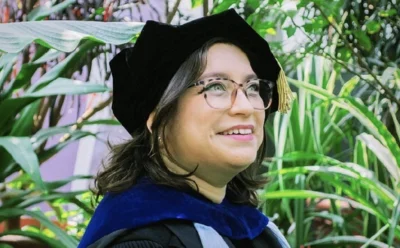Gov. J.B. Pritzker supports House Bill 2789. | Facebook
Gov. J.B. Pritzker supports House Bill 2789. | Facebook
Governor JB Pritzker of Illinois signed a law on May 3 designed to prevent institutions that ban books from receiving state funds. According to The Hill, this bill is in reaction to the nationwide movement to withdraw specific titles from circulation.
During a press conference in March, Pritzker spoke about the importance of education and the implementation of books.
"Banning books is a devastating attempt to erase our history and the authentic stories of many," Pritzker said. "Students across this state deserve to see themselves reflected in the pages of stories that teach and entertain."
The legislation, which requires libraries to adopt the American Library Association’s Library Bill of Rights, aims to ensure that materials are not removed due to partisan or doctrinal disapproval. The Library Bill of Rights advocates for the freedom to access information and materials, regardless of the views expressed.
While the proposed legislation has received support from many quarters, there has also been opposition. Some Republican lawmakers have objected to the policy. State Senator Jason Plummer defended his stance by explaining the impact on taxpayers.
"it's offensive to the principles of good government to threaten to take away public funds from the very people whose taxes pay for these grants just because certain politicians may not agree with their beliefs," Plummer said.
However, Pritzker remains in full support of the bill as he sees how beneficial libraries are for students during early education.
"I’m proud to support House Bill 2789 and ensure that Illinois’ libraries remain sources of knowledge, creativity, and fact," Pritzker said.
The passing of House Bill 2789 marks a significant step in the fight against the censorship of books. Governor Pritzker has emphasized the importance of ensuring that students across the state can see themselves reflected in stories that both teach and entertain. Libraries are crucial sources of knowledge, creativity, and fact, and the legislation seeks to preserve their role as such.






 Alerts Sign-up
Alerts Sign-up